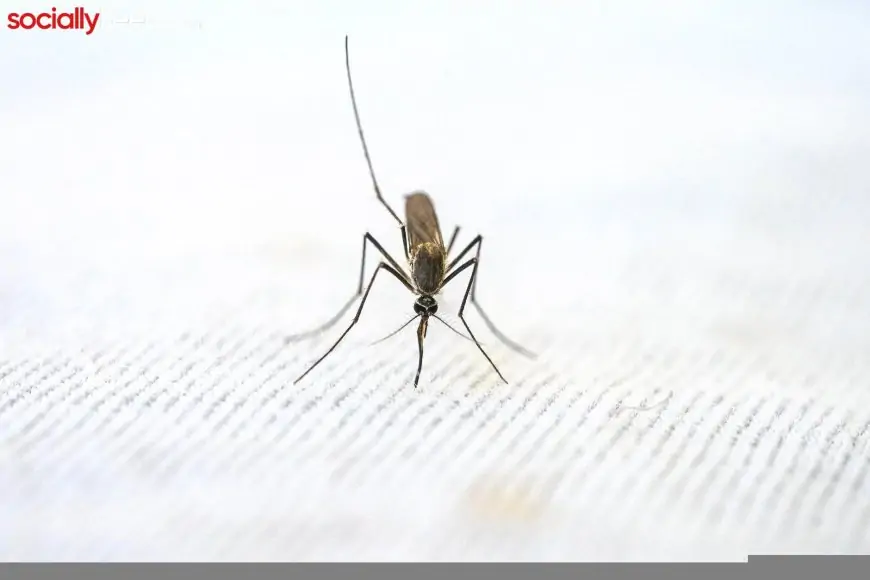Malaria is a deadly disease that affects millions of people worldwide every year, and it is responsible for the deaths of over 400,000 people annually. World Malaria Day is a global event that takes place on April 25th every year, aimed at raising awareness about the disease and the need for continued action to combat it. This article will explore the importance of World Malaria Day and its significance in the fight against this deadly disease.
What is World Malaria Day?
World Malaria Day is an annual event that was established by the World Health Organization (WHO) in 2007. It is a day dedicated to raising awareness about malaria, its prevention, and control. The theme of World Malaria Day 2023 is “Malaria. Defeat. Progress.” The goal of this year’s theme is to celebrate the progress that has been made in fighting malaria while also reminding people that there is still much work to be done.
Why is World Malaria Day important?
World Malaria Day is important because it helps to raise awareness about the disease and its impact on individuals, families, and communities. It also highlights the progress that has been made in the fight against malaria and the need to continue to work towards its eradication. By raising awareness and educating people about the disease, World Malaria Day helps to reduce the stigma associated with malaria and increase access to prevention and treatment options.
The Impact of Malaria
Malaria is a deadly disease that primarily affects people in developing countries, especially in sub-Saharan Africa. The disease is caused by a parasite that is transmitted to humans through the bite of infected mosquitoes. Malaria can cause fever, chills, and flu-like symptoms and, in severe cases, can lead to organ failure and death.
Malaria has a significant impact on individuals, families, and communities. The disease can cause economic hardship by forcing people to miss work or school due to illness. It can also result in long-term health problems, including anemia, neurological damage, and respiratory distress. Children under the age of five and pregnant women are particularly vulnerable to the disease.
Progress in the Fight Against Malaria
Despite the significant impact of malaria, progress has been made in the fight against the disease. Over the past decade, there has been a significant reduction in the number of malaria cases and deaths worldwide. This progress has been made possible through a combination of prevention, treatment, and research efforts.
Prevention efforts include the use of insecticide-treated bed nets, indoor residual spraying, and environmental management. Treatment options include the use of antimalarial drugs and the development of a vaccine. Research efforts are focused on developing new drugs, diagnostic tools, and vector control methods.
The Importance of Continued Action
While progress has been made in the fight against malaria, the disease remains a significant global health challenge. There are still over 200 million cases of malaria reported each year, with the majority of these cases occurring in sub-Saharan Africa. Additionally, the emergence of drug-resistant strains of the malaria parasite threatens to reverse the progress that has been made.
Continued action is needed to combat malaria and work towards its eradication. This includes increasing funding for prevention and treatment efforts, supporting research into new drugs and vaccines, and ensuring access to prevention and treatment options for those who need them.
Conclusion
World Malaria Day is an important global event that helps to raise awareness about the impact of malaria and the need for continued action to combat the disease. While progress has been made in the fight against malaria, there is still much work to be done. By working together and continuing to invest in prevention, treatment, and research efforts, we can build a better future for all. Every life lost to malaria is a tragedy that could have been prevented, and every child who falls ill with the disease is a reminder of the work that still needs to be done.
We all have a role to play in the fight against malaria. Whether it is through supporting research efforts, advocating for increased funding, or spreading awareness about the disease, we can all make a difference. Together, we can work towards a world free from the burden of malaria, where every person has the opportunity to live a healthy and fulfilling life.
So on this World Malaria Day, let us join together to raise awareness, take action, and honor the memory of those who have lost their lives to this deadly disease. Together, we can make a difference and build a better future for all.




![[FULL WATCH VIDEO] Will Levis And Gia Duddy Leak Video Viral On Social Media [FULL WATCH VIDEO] Will Levis And Gia Duddy Leak Video Viral On Social Media](https://www.sociallykeeda.com/uploads/images/202405/image_140x98_6651e7ae8038d.webp)



